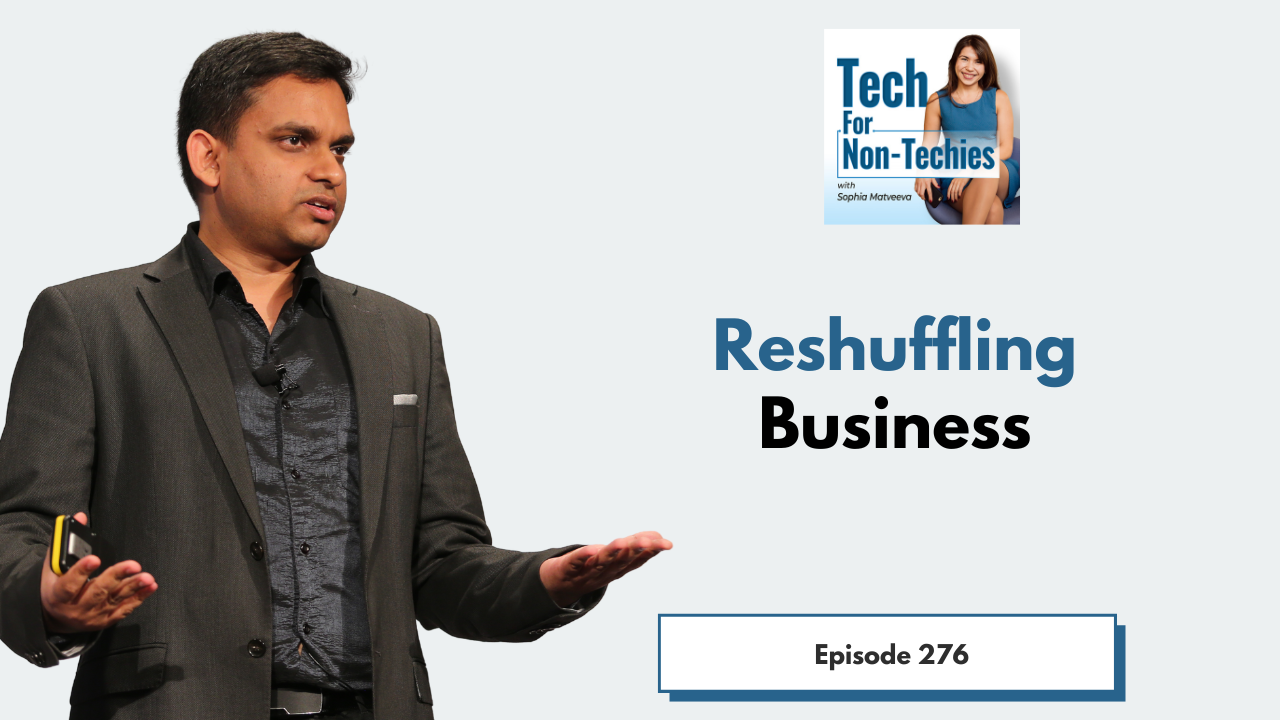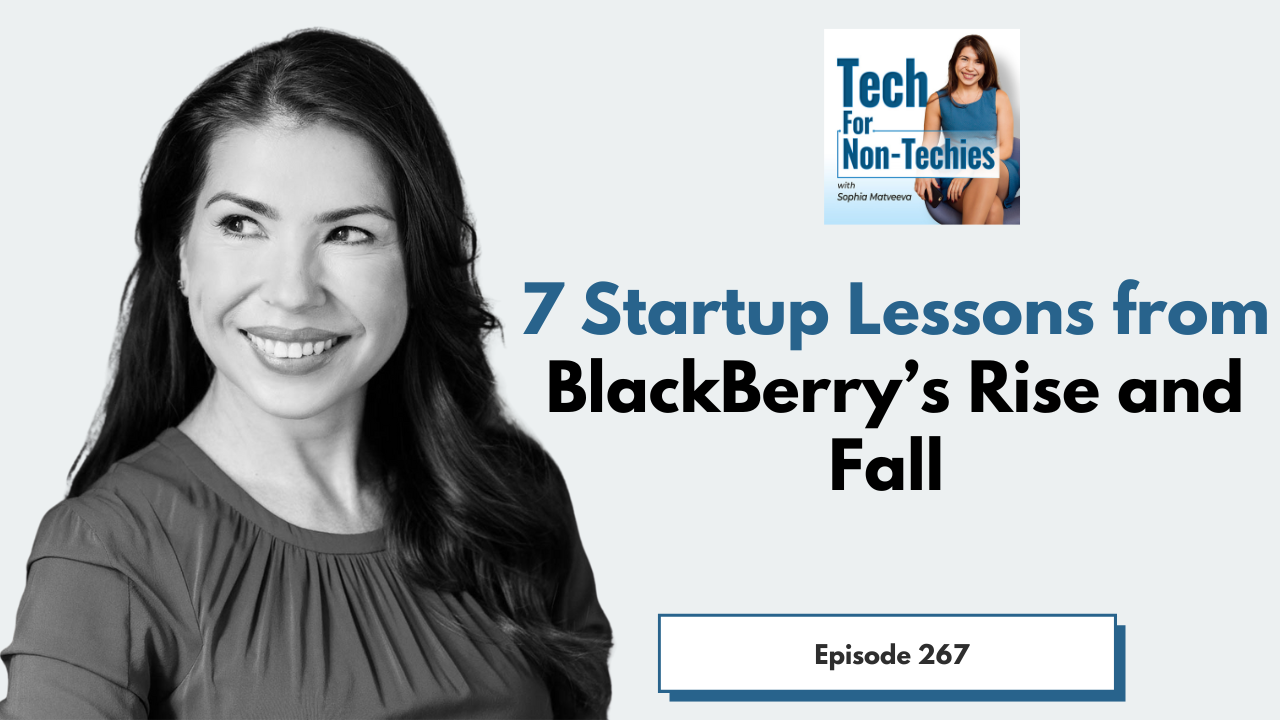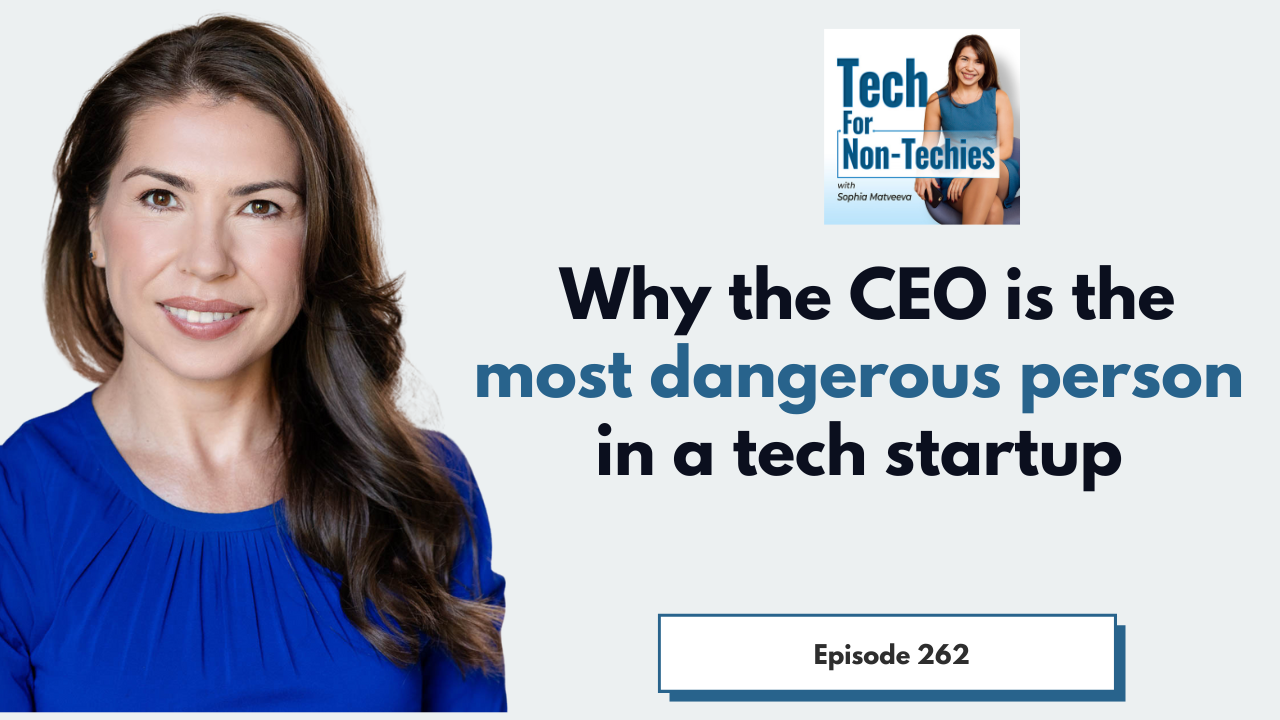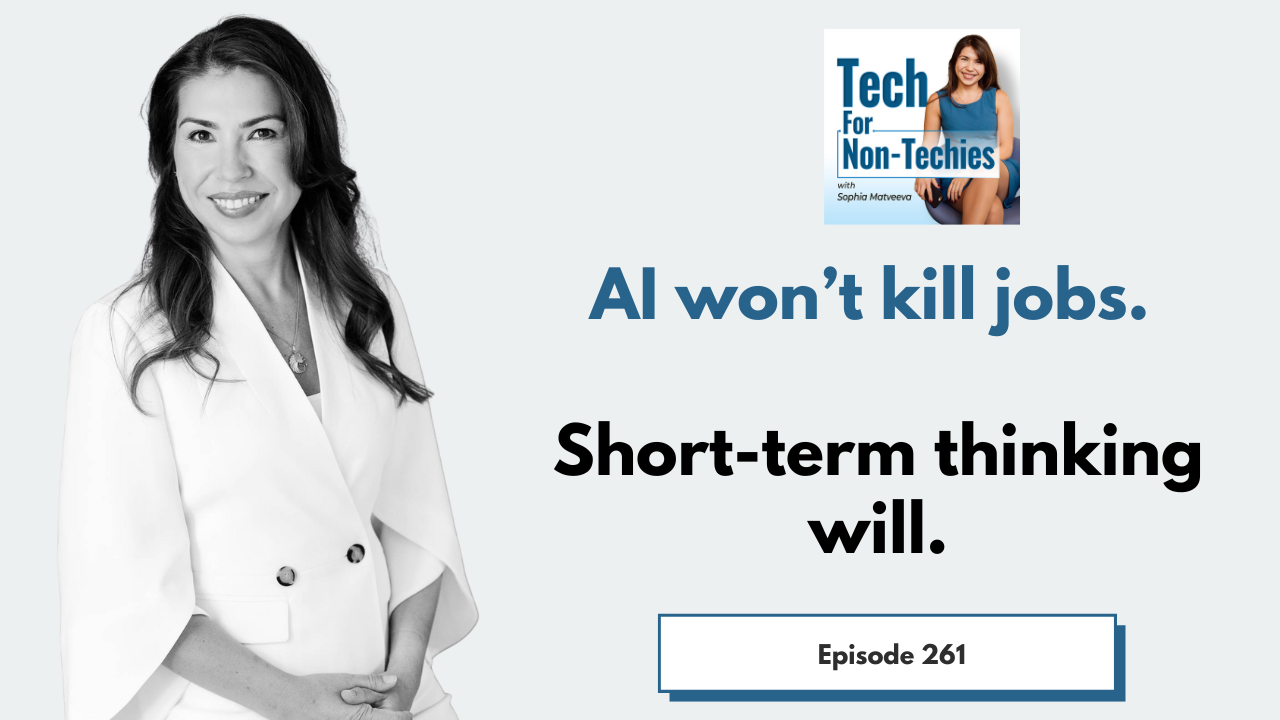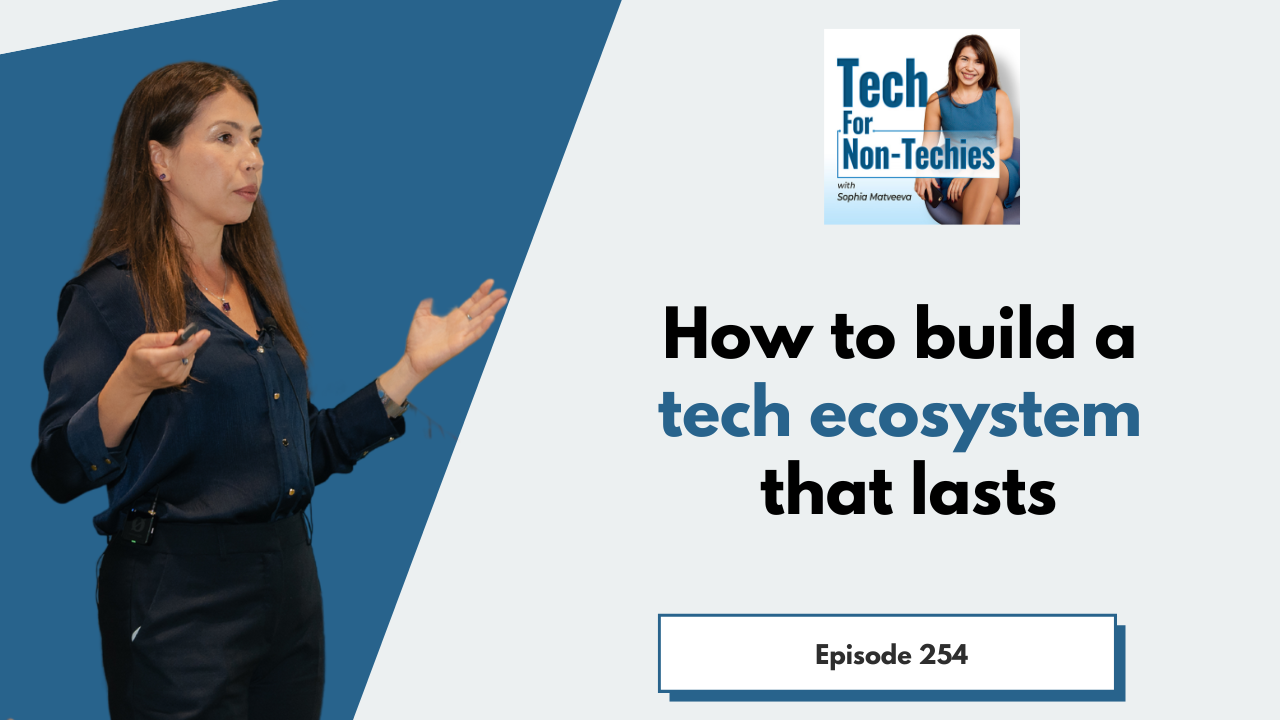A popular debate is “build vs buy.”
Sadly, that’s the wrong question.
Here’s the thing: shiny features and clever dashboards don’t matter if you’re solving the wrong problem. And picking the wrong path—custom tech when you don’t need it, or off-the-shelf when it can’t support your ambitions—can...
Founders assume that if they just hire “good developers,” the product will magically take shape.
Sadly, that’s rarely what happens.
Too many non-technical founders burn through $50K … $80K … even $100K, only to end up with half-baked code and zero users. Not because they’re careless but because th...
Many founders think their product’s success can be measured in downloads or revenue.
But here’s the truth: those are business outcomes, not product goals.
In this encore episode, Sophia breaks down the one success metric that every non-technical founder must understand before leading a tech tea...
How many founders think AI is about faster automation?
What if the real opportunity lies in reimagining how entire systems work?
Sophia Matveeva sits down with Sangeet Paul Choudary, best-selling author of Platform Revolution and Re/Shuffle: Who Wins When AI Restacks the Knowledge Economy, to e...
What separates founders who make it from those who stall out?
After spending two days surrounded by billion-dollar CEOs and investors at JP Morgan’s Tech Investor Conference in London, Sophia Matveeva discovered that the conversations happening in those rooms reveal far more than market gossip.
...Founders love the idea of skipping engineers and letting AI code their dream app.
Sadly, that dream falls apart fast.
AI can write code, but it also hallucinates, breaks in production, and leaves you with messes you can’t fix if you're not a coder.
What looks like a shortcut turns into a cost...
Most non-technical founders dream of building a game-changing tech product—without learning to code.
But bridging the gap between vision and execution? That takes more than just a good idea.
In this episode, Sophia Matveeva breaks down 7 essential lessons from the rise and fall of BlackBerry, a...
Most founders dream of creating a product so good it sells itself.
That’s the promise of product-led growth: customers discover, share, and adopt your product with little to no sales effort.
Sadly that's rarely the reality.
In the early stages, almost every founder has to do the hard, unglamor...
Most startup CEOs think they’re the visionary.
But in today’s episode, you’ll learn why the CEO is often the single biggest threat to team productivity — and how to avoid becoming one.
Based on a real conversation with a seasoned CTO and a sales leader who’ve scaled startups to exit, this episo...
Some CEOs are already replacing engineers and junior staff with large language models.
But what if the real risk isn’t that AI replaces your team — it’s that it doesn’t, and you’re left without a talent pipeline?
In this episode, Sophia Matveeva breaks down:
-
Why cutting junior hiring today
...
Think advertising is just TikTok, Instagram, or TV? Think again.
At Cannes Lions, a major industry summit, Big Tech set the agenda for what’s next in AI, branding, and attention. This is your insider's summary.
In this episode, you will learn:
-
How offline spaces are powering smart digital
...
What does it really take to build a tech ecosystem that endures — beyond PR launches and startup grants?
In this episode, Sophia Matveeva shares hard-won insights from working with governments, corporates, and investors on the frontlines of global digital transformation.
Whether you’re funding...




